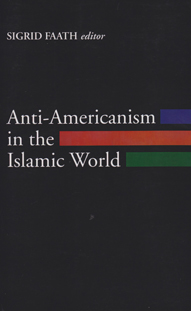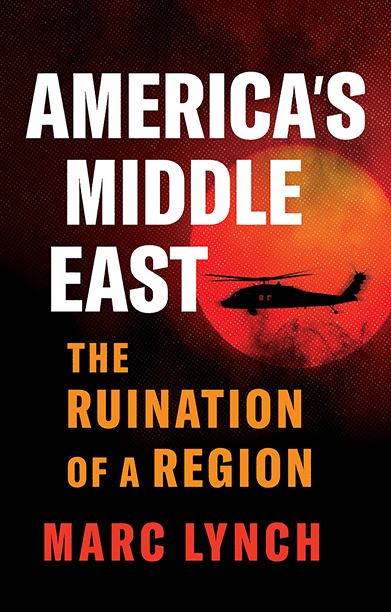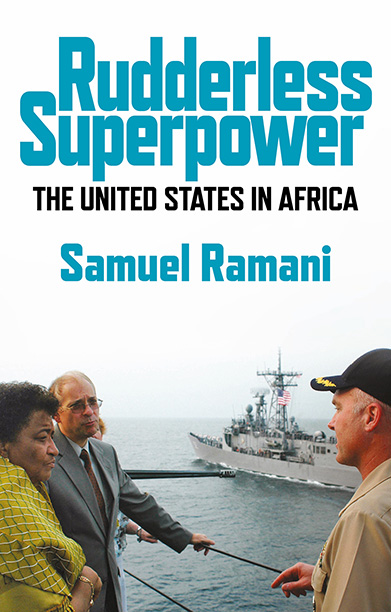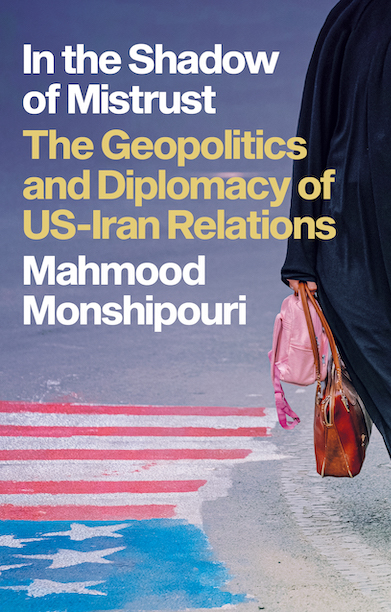Description
Anti-Americanism is a far from homogenous phenomenon, even in the Islamic world, where, the press would sometimes have us believe, there exists a near unanimous hostility to the United States. This book, by dint of on the ground research into Muslim views of ‘the Great Satan’, shows that a far more nuanced explanation is required. Traditional respect for America’s role remains strong in several countries, while in others, such as Palestine and Nigeria, a high level of antagonism is evident. The contributors offer a wide-ranging analysis of the underlying causes, nature and recent development of Anti-Americanism, covering North Africa, the Middle East, Sub-Saharan Africa and South East Asia. The topics discussed include the historical antecedents of fear or loathing of the USA, the cultural and economic aspirations that bind many Muslims to the American model, despite entrenched prejudices, and the surprising diversity of opinion on the costs and benefits of emulating the American way of life. This comprehensive account makes clear that the tide of opinion does not flow in one direction and that there are many opportunities for increasing mutual respect and understanding between the US and some of its more vocal critics.
Reviews
‘This book is a useful addition to studies of international politics, the Middle East and North Africa and for people interested in the interrelationship between the United States, and the West more generally, and Muslims.’ – Stephen Vertigans, Robert Gordon University, Political Studies Review
Author(s)
Sigrid Faath is a senior lecturer at the Institute for Political Science, University of Hamburg.






